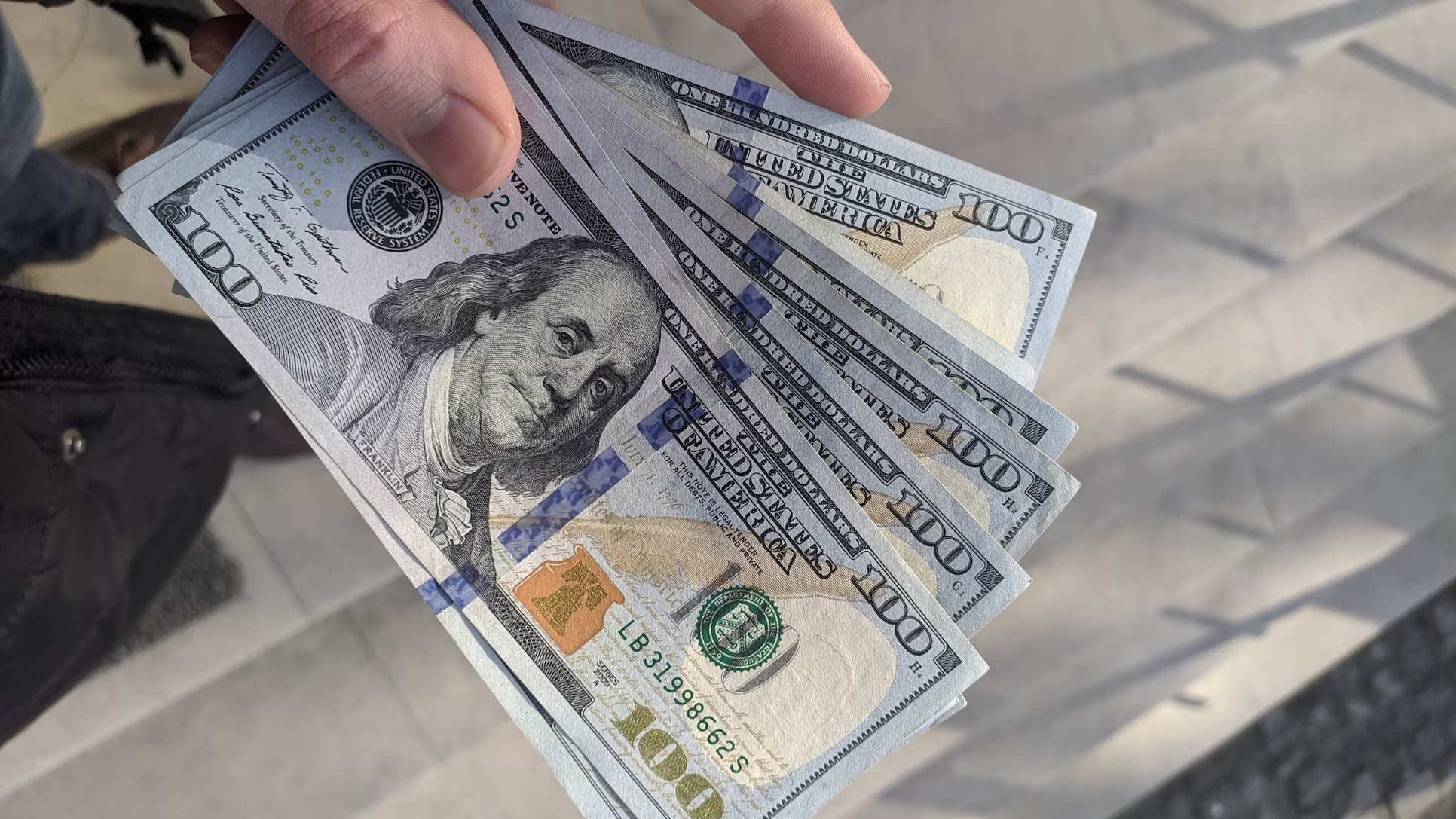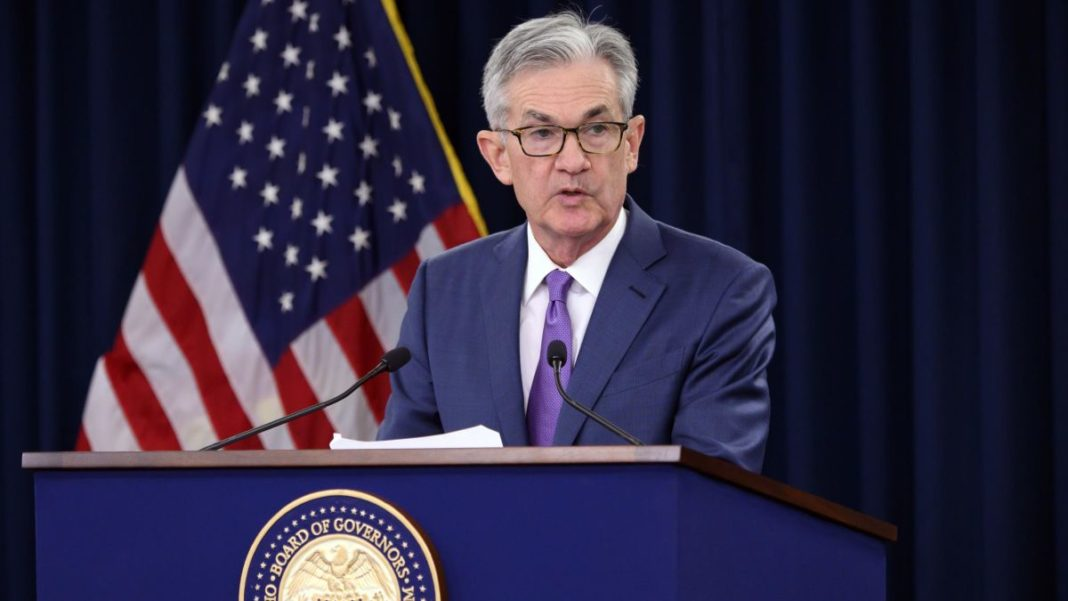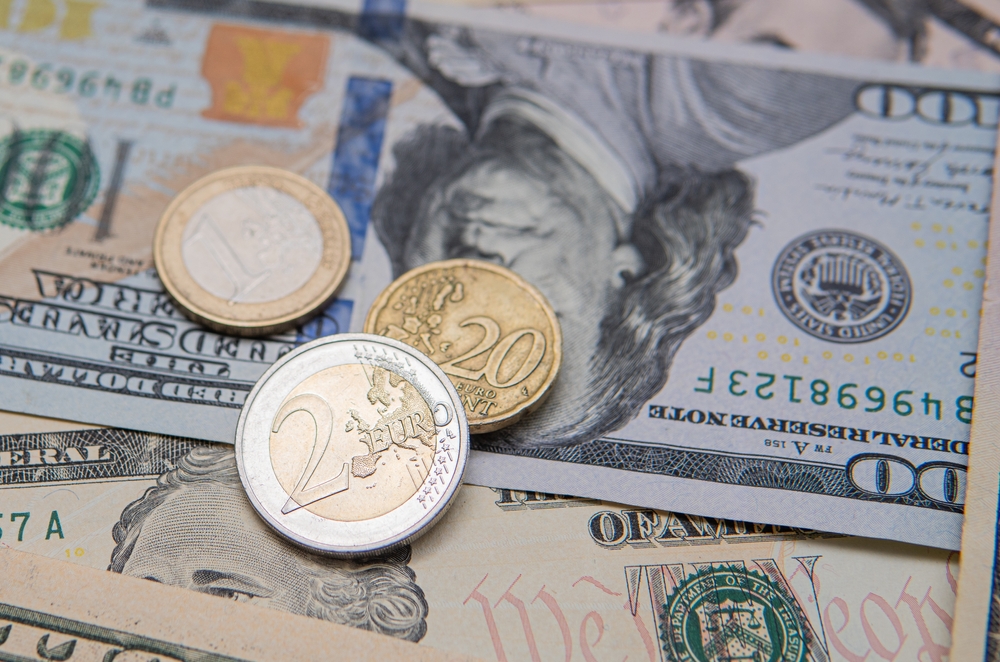One of the world’s most indebted developed economies recently influenced both its own and global bond markets when its Ministry of Finance proposed to reduce the issuance of super-long tenor debt, leading to yields on 40-year Japanese government bonds dropping from a record high of 3.675% and lowering U.S. Treasury 30-year yields below 5%. Analyst Michael Lorizio from Manulife Investment Management see Japan’s move as a test case for other indebted nations, showing how flexible debt issuance strategies might address fiscal challenges. The Bank of Japan continues its quantitative tightening plans unchanged, closely watching how it unfolds, being at the centre of global debt stability.
EQUITY
Wall Street cheered after President Trump's decision to extend the European Union tariff deadline, pushing stocks higher while consumer confidence improved by easing US-China trade tensions. Major indices recorded significant gains, with technology and consumer discretionary sectors leading the rally. Treasury yields fell, with the 10-year rate dropping 6 basis points to 4.44%, improving asset outlook. GME gained 22% since last Thursday, not on meme pump, but its bitcoin play, while Michael Saylor's MSTR lost 10% in the same period.
GOLD
Gold prices closed 1.25% lower at $3300, impacted by EU tariffs delay and a stronger dollar, which together are risk-on factors. Looking forward, gold prices may find longer-term support from continuing central bank buying, Chinese imports, and the "Trump trade" era, which continues to be a defensive investment. Analysts, including those from Goldman Sachs, predict that gold could climb to $3,700 by the end of 2025, suggesting room for further gains.
OIL
Crude oil prices gapped down although the U.S. banned Chevron from exporting Venezuelan crude, probably due to deal fallout, hoping to let Venezuela sell more oil in return for taking more deportees. Geopolitical risks provided additional support, including rumoured new U.S. sanctions on Russia and stalled Iran nuclear talks. Saudi Arabia is reportedly considering cutting oil prices for Asian buyers by up to $0.50 per barrel in response to the expected OPEC+ supply increases.
CURRENCY
The US dollar broke above resistance to close at 99.55 on Tuesday, with improved consumer confidence and President Trump's decision to delay EU tariffs, which eased trade tensions. The Japanese yen gained slightly with a focus on the 40-year bond auction, fearing weak demand could pressure yen pairs lower. The Canadian dollar hit its worst fundamentals since 2016, pulled down by a weak labour market, debt burden, and trade dynamics.













